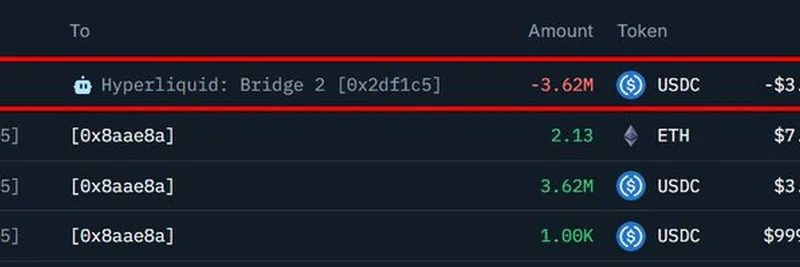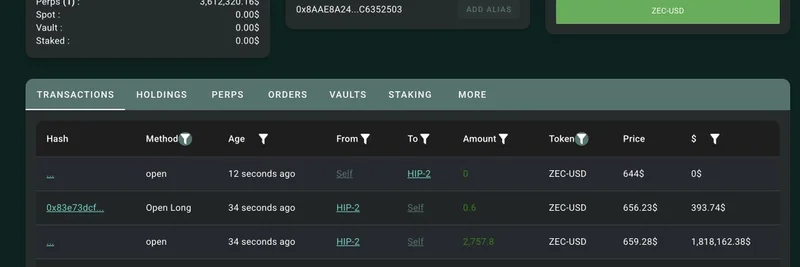In the fast-paced world of crypto, regulatory updates can send ripples across the entire ecosystem. A recent post from BSCNews on X highlighted a major development: Japan's Financial Services Agency (FSA) is planning stricter oversight for crypto service providers. This means that companies providing custody or technology services to exchanges will need to register with regulators before they can do business.
For those new to the scene, the FSA is Japan's top financial watchdog, responsible for overseeing banks, securities, and now, increasingly, cryptocurrencies. This move comes in the wake of high-profile hacks, like the 2024 DMM Bitcoin incident where hackers stole over $300 million through a third-party provider. By requiring registration, the FSA aims to plug these security holes and ensure that only vetted partners work with exchanges. According to reports from CryptoDnes, this could involve amendments to the Financial Instruments and Exchange Act, potentially rolling out in 2026.
But what does this mean for meme tokens? Meme coins, those fun, community-driven tokens often inspired by internet culture, thrive on accessibility and hype. They're typically traded on decentralized exchanges (DEXes) or major platforms, but stricter rules in Japan could make it tougher for them to get listed on regulated centralized exchanges there. If service providers face more hurdles, exchanges might become pickier about which tokens they support, favoring those with stronger compliance stories over viral memes.
On the flip side, this could boost innovation in the meme space. As one reply to the BSCNews post put it, "Every time they tighten the rules, a new path opens for the fearless." Accompanying that sentiment was this vibrant meme image, capturing the resilient spirit of the crypto community.
This regulatory push isn't isolated. The FSA is also eyeing tighter controls on crypto lending, as detailed in a Yahoo Finance report. Lending platforms would need to segregate assets and disclose risks more clearly, which could indirectly affect meme token liquidity if borrowing against them becomes more restricted. Plus, proposed caps on investments in Initial Exchange Offerings (IEOs) aim to protect retail investors from speculative frenzy—something meme coins are no strangers to.
For blockchain practitioners and meme enthusiasts, this is a reminder that as the industry matures, compliance becomes key. While Japan has been crypto-friendly since legalizing it in 2017, these changes signal a shift toward more robust safeguards. Globally, this could influence other regulators, potentially making the meme token landscape more professional but less wild.
If you're building or trading meme tokens, keep an eye on how these rules evolve. They might just pave the way for the next generation of compliant, yet chaotic, crypto fun. For more insights on meme tokens and blockchain news, stick around at Meme Insider.


